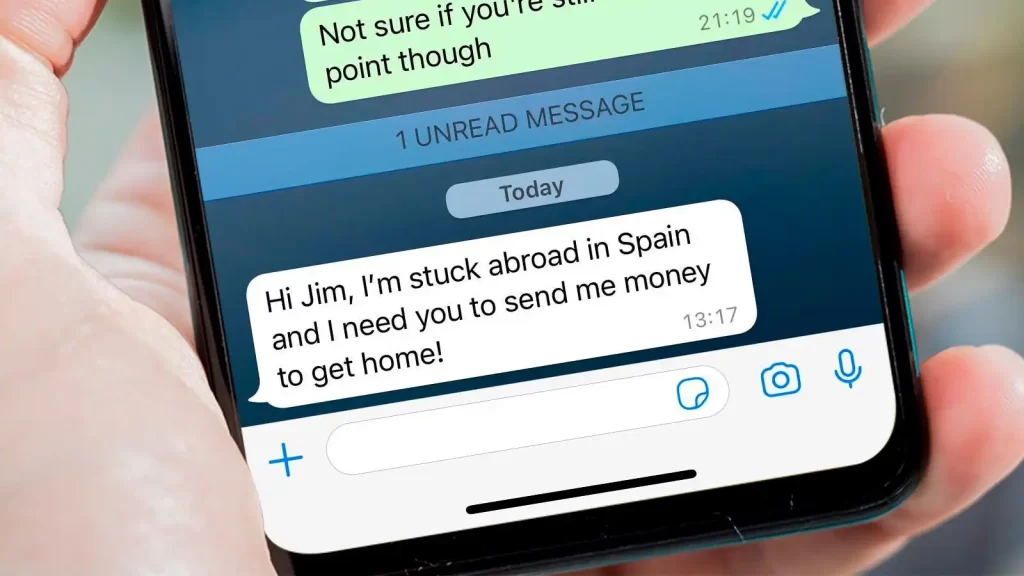The Payments Systems Regulator (PSR) has just released new data exploring the effectiveness of banks and payment companies in combating Authorised Push Payment (APP) scams. These scams deceive people into sending money to fraudsters under the guise of legitimate transactions. In the first half of 2023 alone, APP scams drained over £500 million from individual and business accounts alike.
While some banks take full responsibility, reimbursing fraud victims in total, others fall painfully short. TSB leads the pack with a 94% full reimbursement rate for reported APP scam cases. Nationwide follows closely at 91%, and Barclays trails with a 79% rate. At the lower end, Monzo fully reimburses just 6% of reported cases, while Danske Bank manages a mere 7%.
Faster Payments: The Fraudster’s Tool of Choice
The report highlights Faster Payments as the fraudsters’ preferred method for carrying out APP scams. Despite contributing less than 0.1% of total Faster Payments in 2022, this system accounts for 98% of APP scam transactions.
The PSR praises the increase in transparency. Firms now share better information on how they tackle APP fraud, encouraging more robust fraud prevention strategies. The PSR also plans to standardise reimbursement arrangements across all payment companies in the coming months, aiming for a more consistent level of protection for consumers.
The Emotional Toll: More Than Just Money
UK Finance, the trade association for the financial sector, argues that their industry is the only one compensating fraud victims, returning over £152 million in the first half of this year alone. The association also points out that 94% of authorised fraud originates online or over the phone, calling for the technology and telecommunications sectors to bear some responsibility. They stress that while financial losses can be reimbursed, the emotional and psychological damage to fraud victims remains irreversible.
The PSR’s commitment to transparency and new mandatory rules aims to bolster efforts to stop these scams before they happen. Indeed, consistent protection and robust fraud prevention measures stand as pivotal elements in reversing the growing menace of APP scams..
An Urgent Call for Uniform Fraud Prevention
The PSR’s data shines a light on the varying levels of protection offered by banks and payment firms in the face of APP scams. As the financial losses continue to soar, the emotional toll on fraud victims can’t be overlooked. Standardising reimbursement arrangements and beefing up fraud prevention measures across all sectors remain crucial steps in stopping this growing menace. Until then, the onus lies on consumers to stay vigilant, underscoring the need for the introduction of new fraud awareness campaigns.
APP fraud poses a severe risk, capable of emptying a victim’s life savings in mere seconds. Yet, it’s also one of the easiest fraud types to prevent, as the scam relies on the victim’s active participation. The challenge in securing full refunds often stems from the fact that victims, albeit manipulated, initiate the payment themselves. By raising fraud awareness and educating people on the warning signs of APP fraud, we could see a substantial drop in cases. This reduction benefits the general public, who would no longer fall prey to APP scams, and banks, who could save millions of pounds in reimbursements.
How Well Did Your Bank Perform?
The complete list of the percentages of APP fraud cases that were fully and partially reimbursed by banks in the PSR’s research is below. All figures are for 2022.
1. TSB: 94% full refund (4% partial refund )
2. Nationwide: 91% full refund (4% partial refund)
3. Barclays: 79% full refund (13% partial refund)
4. Santander: 54% full refund (29% partial refund)
5. Lloyds/Bank of Scotland/Halifax: 69% full refund (12% partial refund)
6. HSBC/First Direct: 66% full refund (14% partial refund)
7. NatWest/RBS/Ulster Bank: 70% full refund (6% partial refund)
8. The Co-operative Bank: 33% full refund (40% partial refund)
9. Metro Bank: 59% full refund (11% partial refund)
10. Clydesdale/Virgin Money: 48% full refund (12% partial refund)
11. Starling: 44% full refund (6% partial refund)
12. Danske Bank: 7% full refund (10% partial refund)
13. Monzo: 6% full refund (8% partial refund)
14. AIB: 12% full refund



